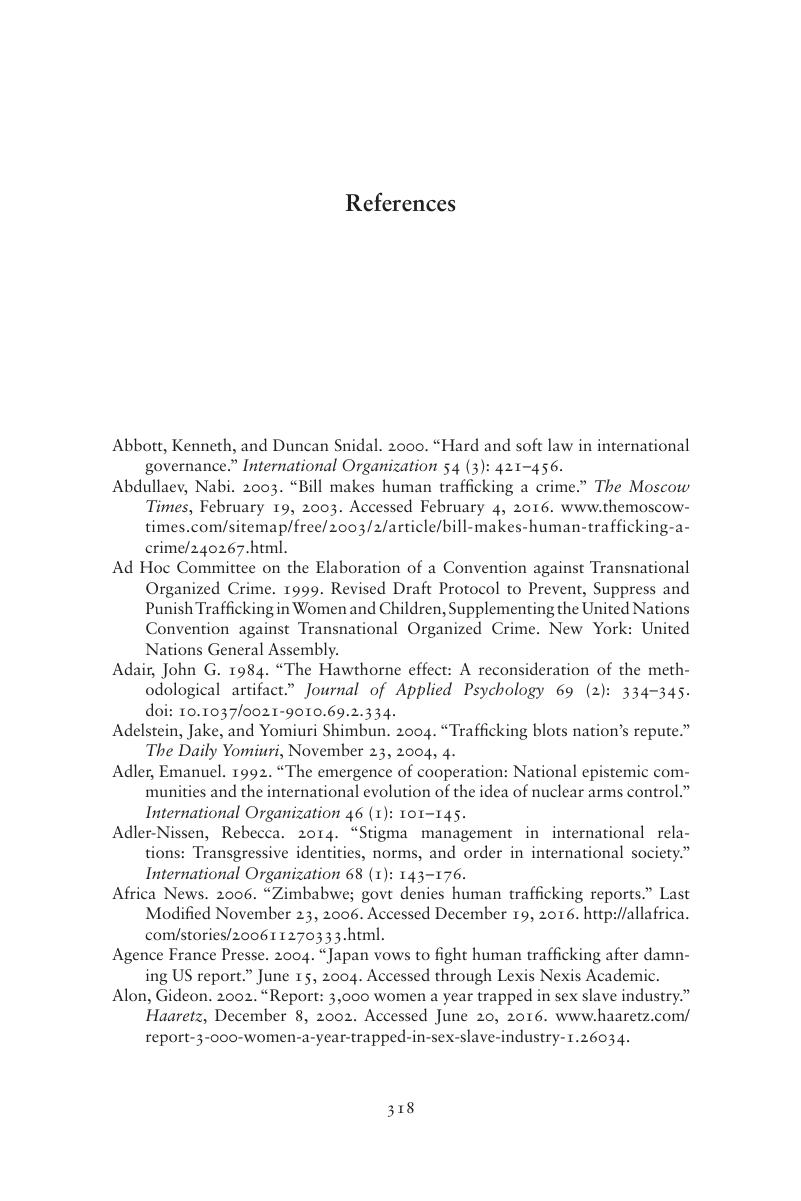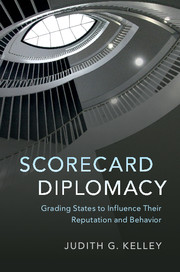References
Published online by Cambridge University Press: 24 May 2017
Summary

- Type
- Chapter
- Information
- Scorecard DiplomacyGrading States to Influence their Reputation and Behavior, pp. 318 - 344Publisher: Cambridge University PressPrint publication year: 2017



